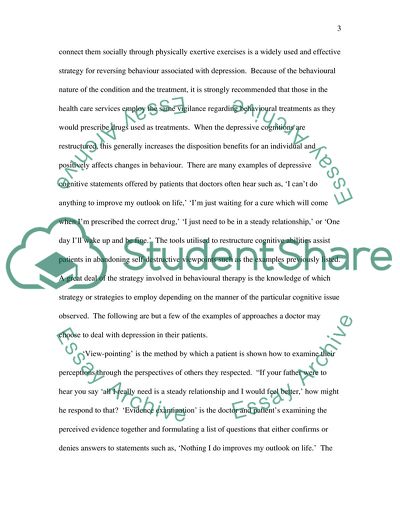Cite this document
(“Behaviour therapy Essay Example | Topics and Well Written Essays - 1500 words”, n.d.)
Behaviour therapy Essay Example | Topics and Well Written Essays - 1500 words. Retrieved from https://studentshare.org/miscellaneous/1538291-behaviour-therapy
Behaviour therapy Essay Example | Topics and Well Written Essays - 1500 words. Retrieved from https://studentshare.org/miscellaneous/1538291-behaviour-therapy
(Behaviour Therapy Essay Example | Topics and Well Written Essays - 1500 Words)
Behaviour Therapy Essay Example | Topics and Well Written Essays - 1500 Words. https://studentshare.org/miscellaneous/1538291-behaviour-therapy.
Behaviour Therapy Essay Example | Topics and Well Written Essays - 1500 Words. https://studentshare.org/miscellaneous/1538291-behaviour-therapy.
“Behaviour Therapy Essay Example | Topics and Well Written Essays - 1500 Words”, n.d. https://studentshare.org/miscellaneous/1538291-behaviour-therapy.


